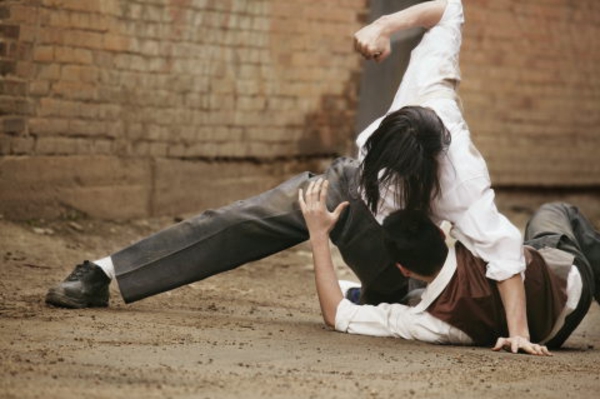Assault Cases
Before getting into what is an assault case defense we must be able to know what the names assault and defense refer to. An assault can be defined as the intention to cause a reasonable anxiety of imminent danger in addition to harmful contact. This basically means an action that made one expect that he or she was to be harmed in one way or another or touched by the offender in a way that could be considered harmful. It is important to note that no actual contact is necessary for an intentional tort of assault to be considered to have taken place.

A defense refers to a valid legal excuse that the defendant may use to justify his or her actions in a court of law. If the judge ascertains that the defense put across by the defendant is relevant then the defendant may not be liable to any punishment. Understanding the various defenses is important, both to the defendant and his or her defense attorney. This will enable one to have knowledge of the defenses that can apply in a particular case should a tort of assault arise between two or more parties.
Sports Assault
Consent is a main assault case defense and has been applied in many sports assault cases. This is whereby the victim also referred to as the plaintiff agreed to any possibility of being injured. This defense arises mostly in sporting activities that involve body contact. The burden of proof is carried by the defendant. If the defendant proves beyond doubt that the plaintiff in some way consented to being hurt then he or she will not be held liable for any harm caused. A good example may be in a game of football where there is a lot of body contact with a possibility of one getting hurt.
Self defense or acting in defense of others may be used by the defense attorney in sports assault cases. This is whereby the defendant argues that he acted in response to a risk of harm. In such a situation, the defendant must be in a position to proof that his response was what can be termed as a reasonable reaction to the threat. If he succeeds in doing so, then the lawsuit filed by the plaintiff will not be successful. This may apply in a sports assault case whereby a player acted in self defense or in defense of another player.
Privilege may be used by the defendant who in most cases will be a police officer or a discipline officer in a game applied force when making an arrest or trying to calm down a situation such as a fight among players. In this case one must prove that the amount of force used was reasonable.
Theresa Svennson is a freelance writer and also runs her own blog. Over the years, she has written on hundreds of topics, but most recently her fascination has been with law. As such, she has begun writing for lawyers and law websites (see this defense attorney).
